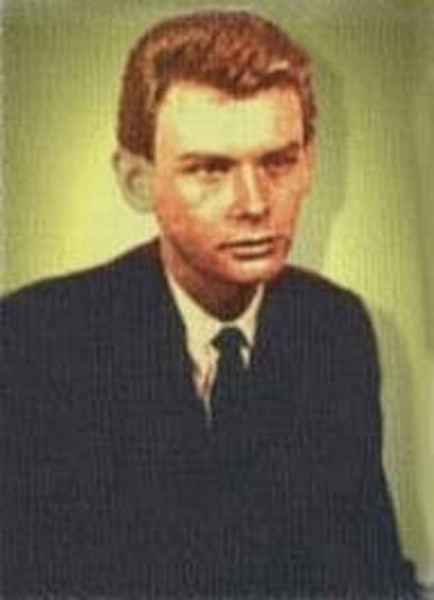Dan Folger
Настоящее имя: Dan Folger
Об исполнителе:
Best remembered for co-authoring with Mickey Newbury the much-covered "Weeping Annaleah," Dan Folger also enjoyed limited success as a singer, most notably recording the blue-eyed soul ballad "The Way of the Crowd," later a cult favorite on Britain's Northern soul circuit. Born April 11, 1943, in San Rafael, CA, Folger spent the majority of his adolescence in Midland, TX. As a toddler, he learned to play piano by ear, and as a teen befriended local singers Roy Orbison and Joe Melson, who regularly practiced in the Folger family living room. After Orbison vaulted to national stardom via the 1961 pop classic "Only the Lonely," he and Melson convinced Folger to join them in Nashville, wrangling him a job interview with the legendary publishing firm Acuff-Rose. In addition to landing an Acuff-Rose staff gig, Folger signed a record deal with the Hickory label, also home to Melson, and in 1962 issued his debut single, "There Came a Tear." "Girl in the Night" appeared the following year, and while neither record sold, Folger emerged as a sought-after songwriter, often in collaboration with Melson and Newbury, a fellow Acuff-Rose staffer at the forefront of Nashville's nascent singer/songwriter revolution. Newbury first recorded their "Weeping Annaleah," which emerged as a standard of sorts thanks to covers by acts spanning from Tom Jones to the Box Tops to Nick Cave & the Bad Seeds. Folger never penned the kind of breakthrough hit necessary to launch his career to the next level, however, and as a recording artist he foundered as well, with two additional Hickory singles, 1965's "Tell Her for Me" and 1966's "Go on Back," quickly fading into obscurity. A move to the Elf label brought 1967's exemplary "The Way of the Crowd," which nevertheless met a similarly grim commercial fate upon its initial release. Folger eventually left Nashville and for a time toured with the Gators, a rock & roll combo that made its living touring military bases across the Eastern Seaboard. He retreated further from the limelight in the decades to follow, touring with a series of anonymous Christian rock outfits. He reportedly continued writing new material, but as of this writing his later work remains unpublished and un-recorded. After a lifelong struggle with alcoholism, Folger died on May 23, 2006, in Bentonville, AR. He was 63 years old.
